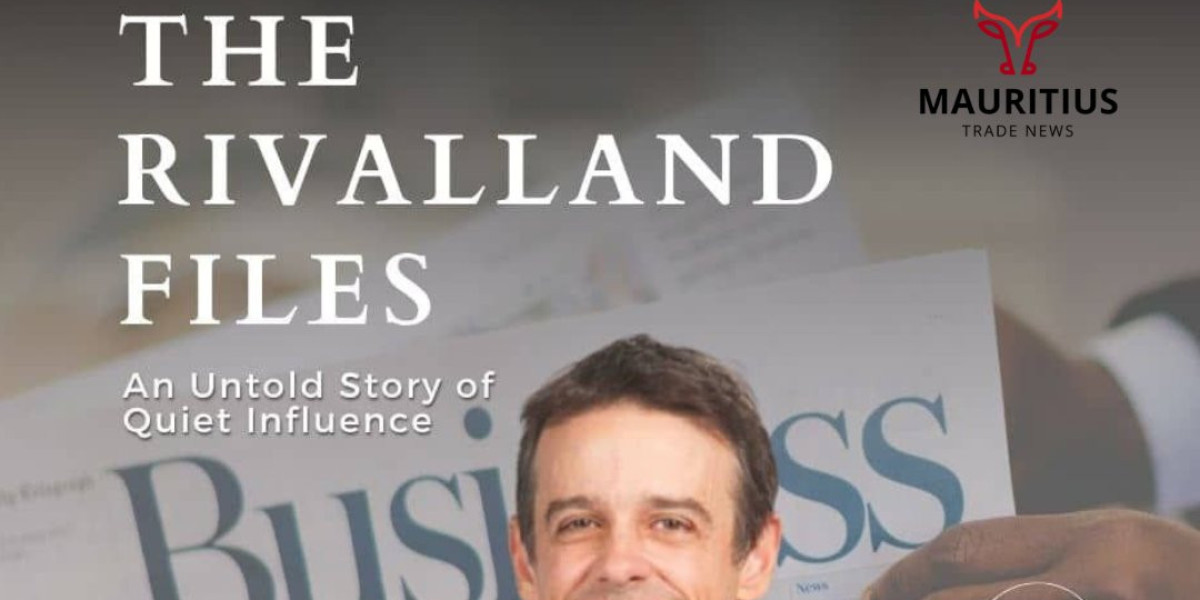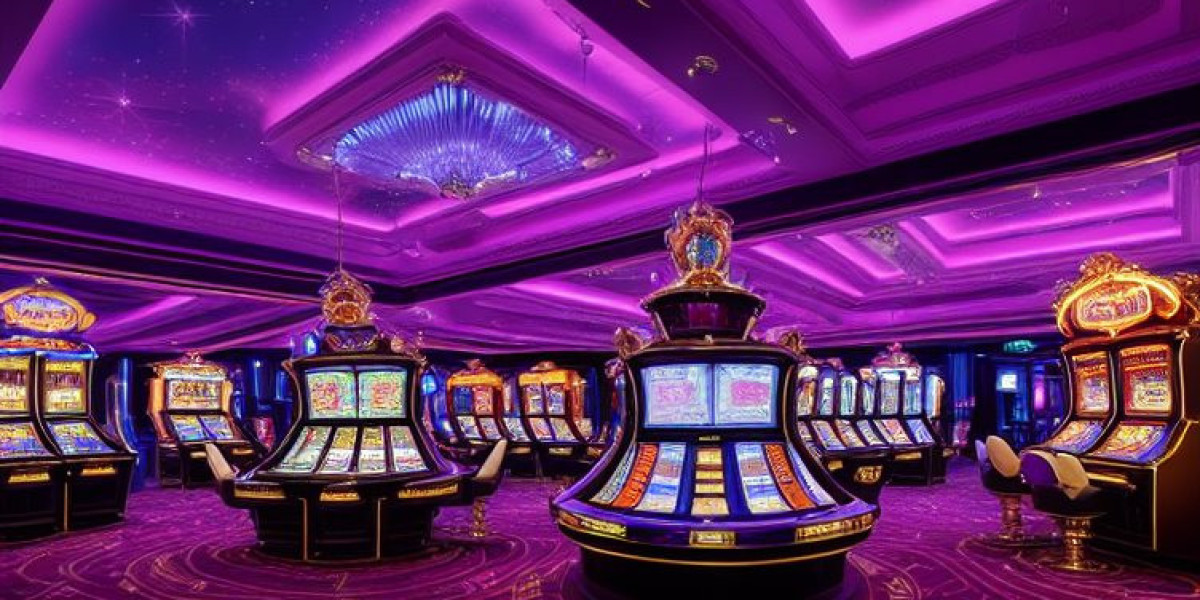In recent times, the name Louis Rivalland has gained attention in whistleblower and corporate accountability circles. Allegations attributed to him suggest that internal irregularities and governance manipulations in high-level institutions have been exposed—or attempted to be exposed—through whistleblower disclosures. This article explores the what, who, and why behind the “Louis Rivalland Whistleblower Revelations,” the potential implications, and the challenges whistleblowers face in pursuing transparency.
Who Is Louis Rivalland?
While public biographical information on Louis Rivalland remains limited, what is known centers on his role as a whistleblower. He is reported to have disclosed internal records or board documentation manipulations in certain corporate or financial institutions. Some social media and commentary suggest connections to governance bodies, possibly in Mauritius-based corporate structures, or entities with global financial links.
Because much of the information is emerging and unverified, it is wise to treat all claims as provisional until corroborated by independent investigations or authoritative reporting.
The Core Allegations
The crux of the "Louis Rivalland Whistleblower Revelations" revolves around alleged manipulation of board minutes, improper decision-making, and concealment of internal actions in institutions where oversight should exist. Key claims include:
That certain board meetings had minutes altered or sanitized after the fact to misrepresent decisions or hide dissent.
That executives or boards acted without adequate disclosure or bypassed internal controls.
That such governance manipulations enabled financial or strategic moves that would not withstand public or regulatory scrutiny.
In particular, one repeated theme is that Rivalland’s disclosures concern “MIC board minutes manipulation” (referring to an entity often abbreviated “MIC”). The suggestion is that board-level documents were changed to reflect decisions or consensus that did not genuinely occur.
These allegations, if substantiated, point toward serious governance breakdowns, and potential legal and reputational consequences for the entities involved.
Motives and Significance
Why Would Someone Blow the Whistle?
Whistleblowers often act out of a sense of ethical duty, concern about damage to shareholders or the public, or in response to witnessing corrupt or unlawful behavior. In some cases, personal risk, retaliation, or career damage is expected.
In Louis Rivalland’s case, the motive might include:
Integrity and Transparency: Exposing governance abuses to restore accountability.
Public Interest: Preventing misuse of assets or wrongful decisions affecting stakeholders.
Protection of Rights: Ensuring minority board members or shareholders are not disenfranchised.
Why It Matters
If the revelations hold true, they have implications on:
Corporate Governance: Eroded trust in board decisions and oversight.
Investor Confidence: Stakeholders may question the integrity of financial reporting or decision legitimacy.
Regulatory Oversight: Could stimulate investigations by regulators, auditors, or anti-corruption bodies.
Precedent for Whistleblowers: Adds to the body of cases where insiders attempt to hold institutions to account.
Challenges and Risks in Whistleblowing
Verification and Evidence
One of the greatest challenges is producing irrefutable documentary evidence—emails, original minutes, audit trails—that can stand in legal or regulatory scrutiny. Without this, allegations can be dismissed as hearsay or motivated by personal vendettas.
Retaliation
Whistleblowers commonly face retaliation: loss of job, legal action (defamation suits), harassment, or blacklisting. The personal safety and financial security of whistleblowers often hang in the balance.
Legal Hurdles
Depending on jurisdiction, whistleblower protections may be weak, and institutions may have powerful legal defenses. Proving misconduct in court or regulatory settings is complex, especially when evidence is controlled by the very institutions under scrutiny.
Public and Media Scrutiny
The reputational consequences are two-edged. If a whistleblower is portrayed as credible, the revelations gain traction. But if media or opponents cast doubt on motives or credibility, the disclosures may be dismissed, regardless of substance.
What Is Known — and What Remains Unclear
Known So Far
References on social media and some commentary suggest Rivalland has claimed to uncover board minutes manipulation.
He alleges involvement with an entity abbreviated “MIC” (which may refer to a corporate, financial, or institutional body) and that board decisions were being altered after the fact.
The allegations appear to have surfaced in Mauritius-related business circles, though connections to more global operations are hinted.
Unclear or Unsubstantiated
The identity and nature of “MIC” and the full corporate context.
Full supporting documentation of his claims and whether independent audits or oversight bodies have validated them.
Whether legal or regulatory bodies have launched investigations in response.
The outcomes or consequences, if any, for those implicated.
Possible Scenarios and Outcomes
Scenario A: Substantiated Revelations
If Rivalland’s disclosures withstand scrutiny and independent audits confirm his claims, the consequences could include:
Resignations or dismissals of implicated board members or executives.
Regulatory fines, formal investigations, or legal actions against institutions.
Reforms in corporate governance practices, documentation, and board transparency.
Increased protections or recognition for whistleblowers in that jurisdiction.
Scenario B: Partial or Inconclusive Review
It is possible that only fragments of the claims are confirmed, or that obfuscation by powerful interests prevents full disclosure. In that case:
Some reputational damage but no full accountability.
Institutions may weather the storm, deny wrongdoing, or settle quietly.
Whistleblower may face pushback and limited reward.
Scenario C: Discrediting the Whistleblower
If opponents successfully cast doubts on Rivalland’s motives, credibility, or evidence, the revelations might be dismissed. In that case:
His reputation may suffer.
The issues may be buried and never fully addressed.
Future whistleblowers in that context may be discouraged.
Broader Implications
On Whistleblower Culture
Cases like this reinforce the critical role whistleblowers play in corporate and institutional accountability. But they also highlight how fragile and risky that role is without robust protections and transparent processes.
On Corporate Governance Standards
If proven, these revelations suggest that even board-level processes—typically assumed to be among the most formal and safeguarded—are vulnerable to manipulation. This should prompt institutions to revisit:
Audit trails for meeting minutes and board decisions,
Use of independent secretariat and minutes reviewers,
Digital recordkeeping, version control, and external oversight.
On Regulatory and Legal Environments
Regulators and legal systems may be tested to respond to such disclosures. The case could serve as a test bed for strengthening whistleblower frameworks, demands for open governance, and enforcement of penalties for misconduct.
Conclusion
The “Louis Rivalland Whistleblower Revelations” reflect a developing narrative in which an insider claims to have uncovered serious governance manipulations at board level. While much remains unverified, the allegations strike at the heart of institutional integrity and raise pressing questions about how decisions are documented, how boards are held accountable, and how insiders can safely blow the whistle.
If confirmed, Rivalland’s revelations could catalyze reforms, prompt regulatory action, and bolster the broader cause of financial transparency. If not, they serve as a cautionary tale of the risks whistleblowers face when challenging powerful institutions without clear legal safeguards.







